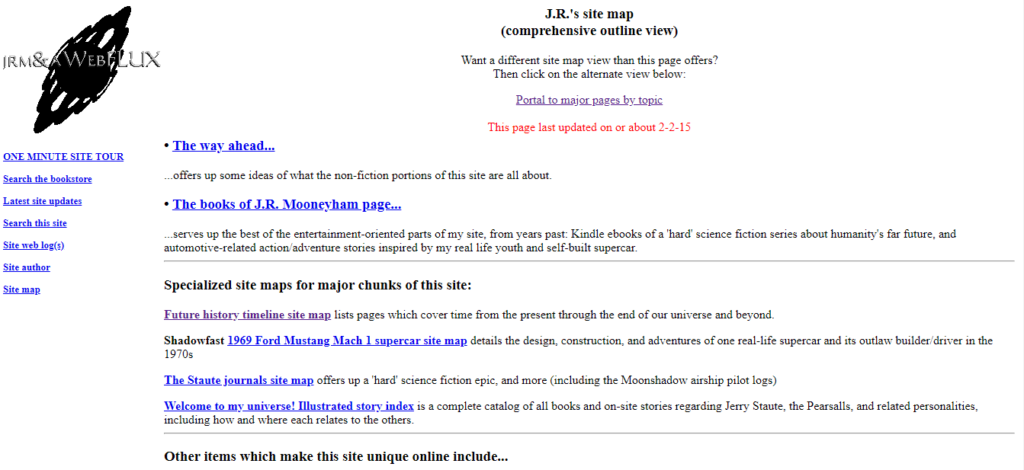
Every history student knows that the Weimar Republic preceded the Nazi Era in Germany. Fewer understand that the process of historical decline goes through certain predictable stages, one of which is characterised by the Weimar Republic and its infamous successor. This article explains.
The process of political decline is so well established and so predictable that Plato, over 2,300 years ago, was already able to describe it at length in The Republic. A healthy political system begins with an aristocracy of philosopher-kings, and then degrades into a timocracy, then an oligarchy, then a democracy, and finally into a tyranny.
Plato’s description of democracy corresponds closely to how it is practiced today. He criticised it for being a stage in which every man was out for himself, and no-one thought of long-term considerations when making decisions. This leads to a lack of order and discipline, which leads to it becoming impossible to tell the truth. Eventually all kinds of crooked liars fill the vacuum and come to office.
The problem with democracy is that it makes men weak, as it panders to their crudest and most primitive desires, and does not encourage them to cultivate their higher moral senses. Being weak, they are then unable or unwilling to resist cruel men who come to oppress them. When the cruel are in charge, we are in a state of tyranny.
The most widely known example of this latter process occurred a century ago in Germany.
When Kaiser Wilhelm II abdicated at the end of World War I and the German Government collapsed, it was replaced by a republic whose first national assembly took place in Weimar. This short-lived experiment was a highlights reel of all of the worst things about democracy, and it caused so much distrust that it made Adolf Hitler start to look reasonable.
Few would argue that the worst thing about the Weimar Republic was that it led to the rise of the Nazis. This process occurred exactly as Plato had described over two millennia previously. It is this final stage of democracy, and the related phenomena that lead to the rise of tyranny, that could be described as Weimarisation.
Weimarisation involves the process of making the polity ever weaker and ever more decadent and degenerate until no-one is willing to stand up for anything. Most bonds of solidarity are broken by this increasing selfishness, because no-one cares about anything other than the next buzz. This ongoing disintegration of the social fabric leads to the most characteristic feature of Weimarisation: it precedes a tyrant coming to power.
Perhaps the most characteristic feature of the Weimar Republic itself were the child prostitutes. History recalls a relatively clean child prostitution trade in 1920s Berlin, but parts of it were much grottier than what is described in the linked article. At the most desperate, during the heights of the hyperinflation in 1923, it was possible to see children being pimped out on the streets.
The extreme levels of disgust induced in German men by the awareness that their children were being rented for sex was the emotional fuel for the rise of Hitler and everything that followed. Exposure to depravity on that scale tends to cause people to lose their moral compasses. If renting children for sex is permitted, then what could possibly be forbidden? Certainly not killing the people to blame – or so many millions of Germans reasoned.
From our current position in Clown World, there are two paths. The path recommended by Plato is a revolution of philosopher-kings who institute an aristocracy that justly governs. The other path is to decline into tyranny, wherein the average man becomes so pathetic and weak that he is unable to resist any injustice, whether physical, intellectual or spiritual.
If Clown World is to decline into tyranny, it will be the final result of the Weimarisation process. There’s an eerie parallel between the Weimar child prostitutes and the 19,000 young girls raped by grooming gang members in Britain alone last year. This ongoing mass sexual exploitation of Britain’s young children is the kind of dystopic horror show that makes people lose their humanity entirely, as it did in Germany.
In Rotherham, where one of the most prolific of these grooming gangs was based, the Police actively worked to cover up the rapes. Investigation of the rape gangs was made more difficult by the investigators’ fears of seeming racist (this is an outstanding example of what another chapter in this book calls race neurosis). There’s no way to understand such phenomena other than as the last gasps of a dying culture.
One of the reasons why Hitler was able to summon so much rage against Jews was because of the widespread belief in Germany that Jewish men had played a disproportionate role in the buying and selling of these child prostitutes. Those same grounds for murderous rage are also present in the case of Muslim men in Europe this century.
It’s entirely plausible that if a man would stand up in Britain or elsewhere in Europe and threaten to get revenge on the forces that had humiliated his nation, he would get widespread support. The neo-Nazi Sverigedemokraterna are already polling at close to 25% in Sweden, which is evidence of the deep anger that exists elsewhere in Europe over such issues.
The big problem with Weimarisation, of course, is that the original form of it ended with a war that left 60 million dead.
There’s little doubt that the existing tensions in Europe are sufficient to trigger a civil war that could kill similar numbers. One of the reasons why Western political authorities are so concerned about “Islamophobia” is that they are fully aware of the rage that their failures have caused. They are aware that great numbers of men feel deeply humiliated by the rape gangs and would very much like someone to give them the opportunity to get revenge.
The cure for Weimarisation can also be found in the philosophy of Plato. A new cultural movement of philosopher-kings must arise, and attract so many followers that it destroys the old order and replaces it with a just one. The alternative, as history has shown, is almost too terrible to contemplate.
*
This article is an excerpt from Clown World Chronicles, a book about the insanity of life in the post-Industrial West. This is being compiled by Vince McLeod for an expected release in the middle of 2020.
*
If you enjoyed reading this essay, you can get a compilation of the Best VJMP Essays and Articles of 2019 from Amazon for Kindle or Amazon for CreateSpace (for international readers), or TradeMe (for Kiwis). A compilation of the Best VJMP Essays and Articles of 2018 and the Best VJMP Essays and Articles of 2017 are also available.
*
If you would like to support our work in other ways, please consider subscribing to our SubscribeStar fund. Even better, buy any one of our books!





